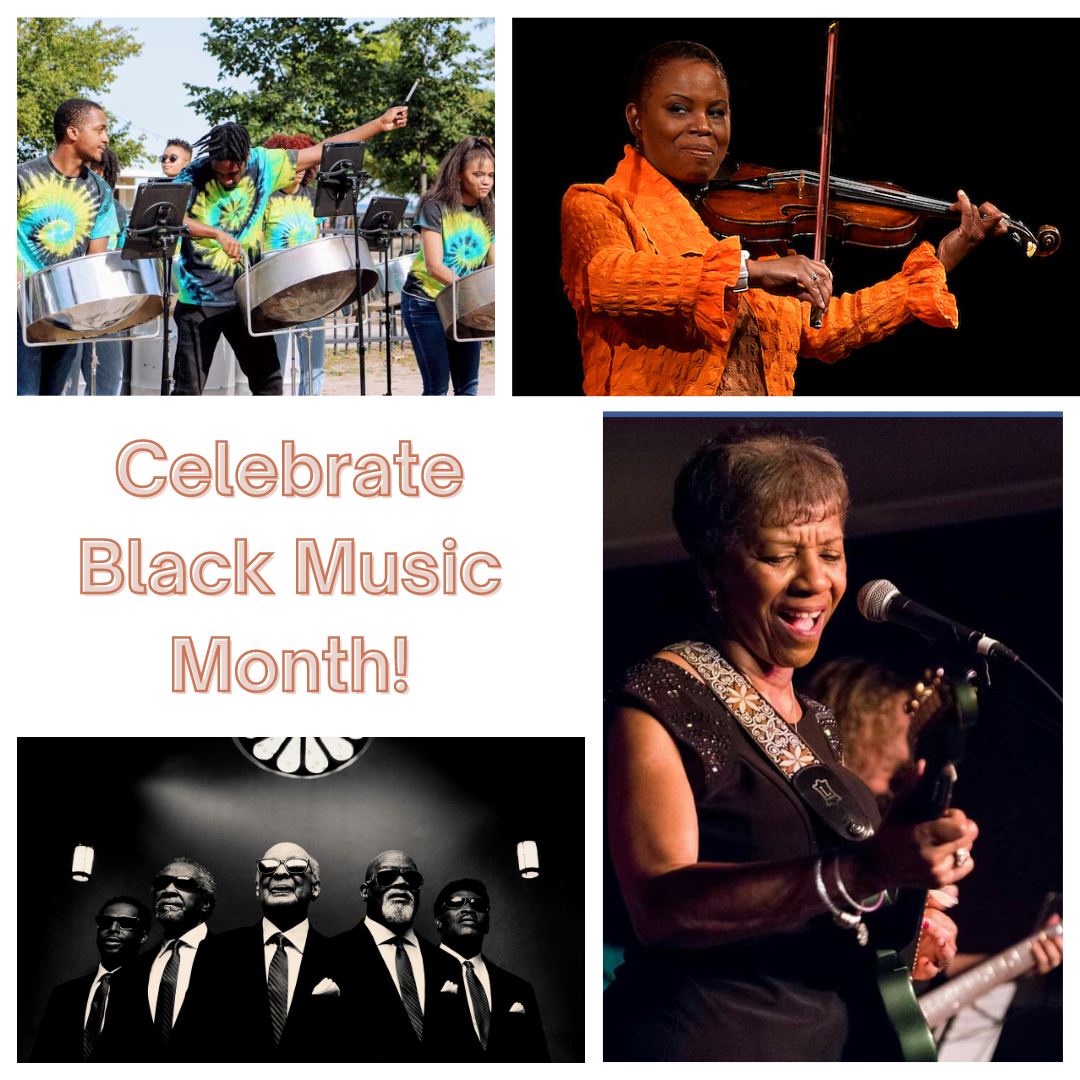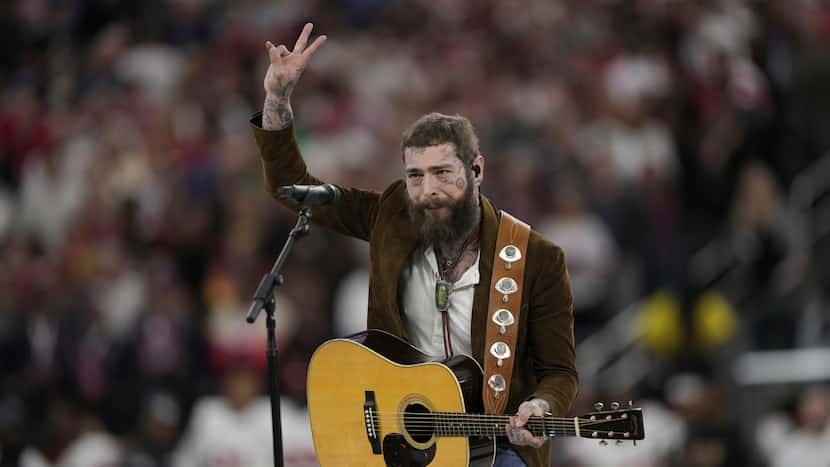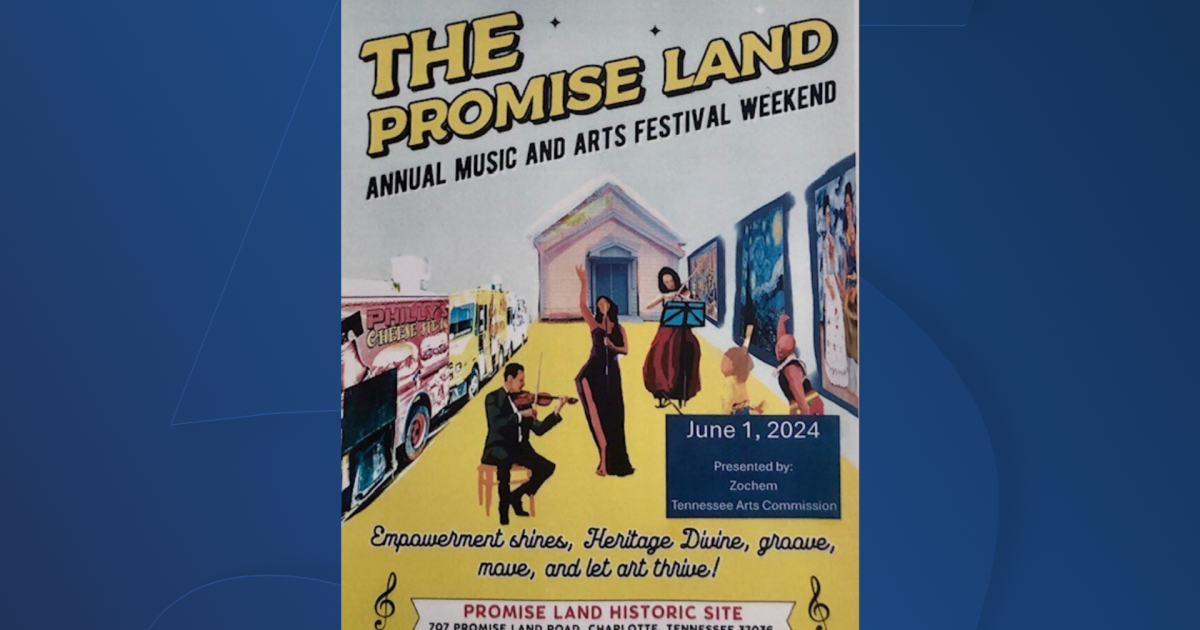Juneteenth, often considered America’s Second Independence Day, celebrates June 19, 1865, when the last former slaves in West Texas finally learned of the Emancipation Proclamation. Celebrating the holiday, which often includes cultural elements such as food, reading, and music, President Biden declared Juneteenth a federal holiday in 2021. A black music playlist with themes of freedom, justice and culture is appropriate.
aretha franklin
When Otis Redding first wrote and recorded “Respect” in 1965, it was a straightforward song about a man who wanted respect from a woman when he came home from get off work. When Aretha Franklin, winner of the 1999 National Medal of Arts, took over the song in 1967, it became something else entirely: it became an anthem for black women. A more insistent beat and strutting vocals, along with a spelling out of the word “respect,” make this song truly hers.
Today, people associate the song with Franklin rather than its author. Redding even noted this at the 1967 Monterey Pop Festival: “This is a song that a girl took away from me, and a good friend of mine, this girl, she just took it.”
All you have to do is watch this video of Franklin performing the 1967 song to know he’s right.
Amina Claudine Miles
Amina Claudine Myers, 2024 NEA Jazz Master, is one of the inaugural members of the Association for the Advancement of Creative Musicians (AACM), Chicago’s legendary musicians’ cooperative. Miles was deeply influenced by the rural black culture she grew up in before moving to Chicago, and incorporated it into her music, such as the children’s game “Jumpin’ in the Sugar Bowl.” She was also influenced by the gospel she heard growing up and formed the band Fourth Generation in honor of the 1950s gospel singers she admired, such as Clara Ward and the Davis Sisters (Davis Sisters).
Here’s Miles performing at the 2024 NEA Jazz Masters Tribute Concert at the Kennedy Center, with Jerome Harris on bass and guitar and Thurman Barker on drums, performing “Jumpin’ in the Sugar Bowl/African Blues/Jug/Have Mercy Upon Us”.
Singing and Prayer Bands of Maryland and Delaware
Singing and prayer bands from Maryland and Delaware received NEA National Heritage Scholarships in 2014 for practicing a form of religious worship that includes one of the oldest and most historic African American performance traditions, the Still active today, predated gospel, blues, and jazz. The band began with secret prayer meetings in the woods during the pre-war period. The tradition evolved so that each meeting began with an arranged hymn (a form of singing in which the leader recited a song and the congregation sang along) and ended with a chant mixed with West African languages. and the tradition of moving in circles.
This tribute video touches on the importance of this tradition in black culture and history.
Terrence Blanchard
2024 NEA Jazz Master Terence Blanchard is something of a musical polymath: not only is he an accomplished jazz trumpeter-musician, he shares a place with greats like Art Blakey and Lionel Hampton Working with NEA Jazz Masters, he has also composed music for film and television, collaborated with dance companies, and composed large-scale operas. Despite the variety, he’s always addressed issues important to the black community in his music, whether it’s gun control or racial justice. This is especially true for his native New Orleans, where he composed the soundtrack for Spike Lee’s documentary When the Levees Break: A Requiem in Four Acts About the devastation Hurricane Katrina wreaked on the local community prompted him to also spend time promoting music education. As he noted in the tribute video, “In terms of why I make music, that’s where my life turned around. When you see the power of it and how it helps people deal with these tough topics, you just You will begin to feel responsible for solving these problems.
Lean band
The Excelsior Band, a 2022 NEA National Heritage Fellow, is a brass band formed in 1883 in Mobile, Alabama as part of the Mardi Gras celebrations. But it’s much more than that: it’s an intricate part of the city’s culture. In an effort to bridge the racial divide between historically black and white Mardi Gras celebrations, the orchestra plays more than 300 events each year. They also have a year-round educational program, Jazz Studio, that exposes young people to the jazz tradition.
In this tribute video, band members talk about the band’s long tradition and its place in the city’s culture.
Archie Shep
2016 NEA Jazz Master Archie Shepp is the 2016 NEA Jazz Master Archie Shepp. He was one of the most outstanding avant-garde jazz musicians and composers of the 1960s, as well as a An educator specializing in ethnomusicology, he examines the history of African American music from its origins. He incorporated African music into his jazz compositions and collaborated with African musicians. Additionally, his music often addresses issues in the black community: e.g. attica blues in response to the attica prison riots the cry of my people Civil rights issues were addressed.
See Archie Shepp’s “Hambone/Blues for Brother George Jackson” tribute performance at the 2016 NEA Jazz Masters Tribute Concert, featuring Ambrose Akinmusire (trumpet), Rudresh Mahanthappa (alto saxophone) , Pedrito Martinez (percussion), Jason Moran (piano), David Murray (tenor saxophone), Linda Oh (bass), Kareem Riggins (drums) and Roswell Ra De (trombone).
RL Boyce
The hill country of Mississippi is famous for its blues, but it’s not the same type of common 12-bar blues you hear in Chicago. It has its own unique sound: repeating, buzzing guitar riffs over a driving beat, and soulful vocals. RL Boyce, a 2023 NEA National Heritage Fellow, is a leading purveyor of this style, influenced by great Mississippi musicians such as Fred McDowell, RL Burnside and Junior Kimbrough. He was also influenced by the black fife and drum bands that flourished in the area from the Civil War through the 1970s. These groups were an important part of black culture in the area, performing at social gatherings such as picnics, weddings, and funerals.
In the tribute video, watch Boyce talk about his experiences with Jim Crow and how his music reflects his community and culture in rural Mississippi. And listen to him play guitar.




